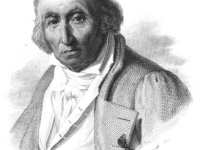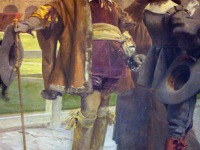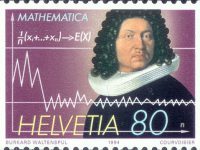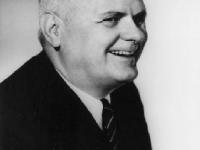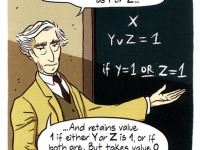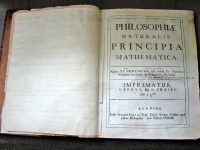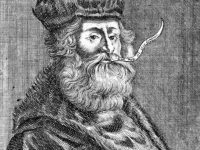Joseph Marie Jacquard and the Programmable Loom
On July 7, 1752, French weaver and merchant Joseph Marie Jacquard was born. He is best known for his invention of the programmable loom, the “Jacquard loom“, which in turn played an important role in the development of the computer. Back in the 18th century, literally nobody – maybe with the exception people like Leibniz [4] or Pascal [5] – thought about a programmable computer. But, it was the time, the industrial revolution should get…
Read more

